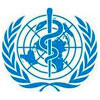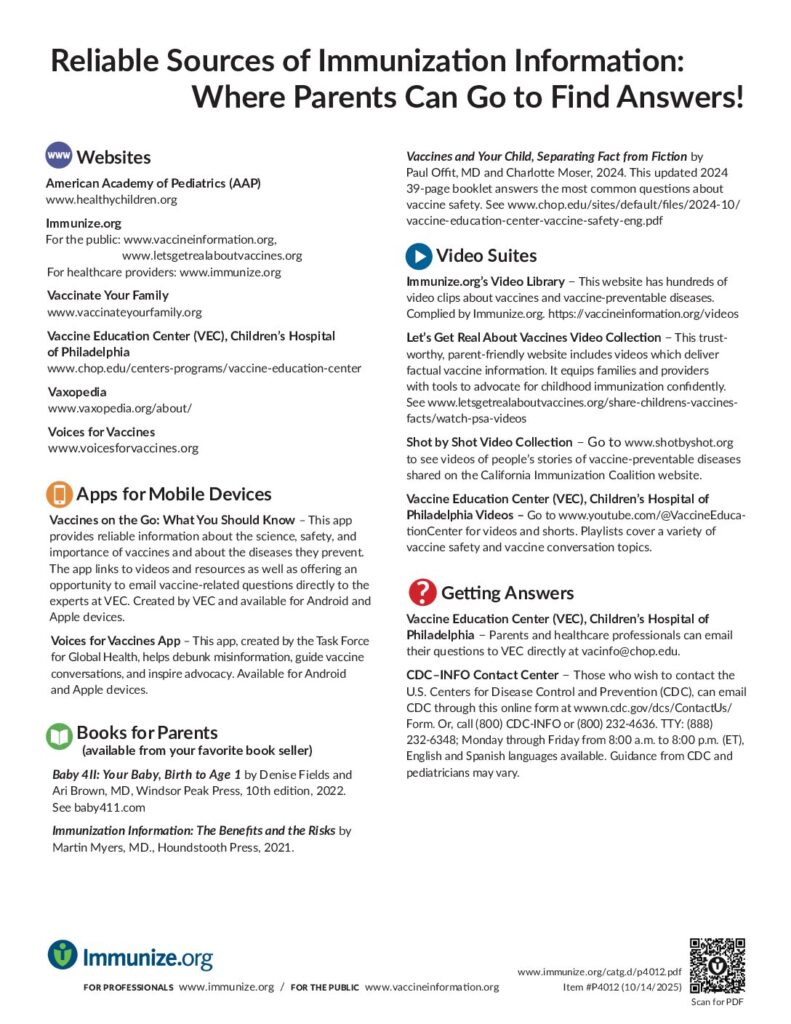What to Look For
The person or group that has published health information online should be easy to find somewhere on the page.
Government websites end in “.gov” and those ending with “.edu” are run by a university or other educational institution. These are sources that you can usually trust. If you see “.org” or “.com” at the end of a web address, it may still be a trusted site, but, check it closely to make sure.
You should be able to find this in the “About Us” section.
If the information was originally published in a research journal or a book, they should say which one so that you can find it.
Most health information publications have someone with medical or research credentials (e.g., someone who has earned an MD, DO, or PhD) review the information before it gets posted, to make sure it is correct. This information should be noted on the website.
Online health information sources should display a date when the information was posted or last reviewed.
This is very important. Do not share personal information until you understand the policies under which it will be used and you are comfortable with any risk involved in sharing your information online.
RESOURCES
Reliable Sources of Immunization Information: Where Parents Can Go to Find Answers!
A list of websites, books, apps, videos, and who to contact.
Partner Resources

A tutorial from Medline Plus and the National Library of Medicine on how to evaluate the health information you find on the internet. They also offer PDF downloads of the tutorial and a one-page checklist.

The Vaccine Safety Net is a global network of websites that meet essential good information practices criteria by the World Health Organization. Use the search bar to search across all Vaccine Safety Net member websites from one place.
